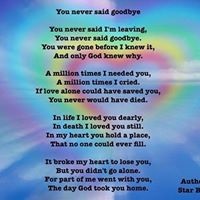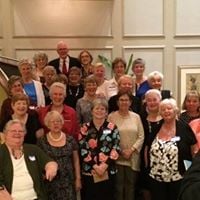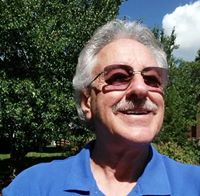Who composed the tone poem "Also sprach Zarathustra"?
Also sprach Zarathustra, Op. 30 (Thus Spoke Zarathustra or Thus Spake Zarathustra) is a tone poem by Richard Strauss, composed in 1896 and inspired by Friedrich Nietzsche's philosophical novel of the same name. The composer conducted its first performance on 27 November 1896 in Frankfurt. A typical performance lasts half an hour.
The initial fanfare – titled "Sunrise" in the composer's program notes – became well known after its use in Stanley Kubrick's 1968 film 2001: A Space Odyssey.
The work is orchestrated for piccolo, 3 flutes (3rd doubling piccolo), 3 oboes, English horn, clarinet in E-flat, 2 clarinets in B-flat, bass clarinet in B-flat, 3 bassoons, contrabassoon, 6 horns in F and E, 4 trumpets in C and E, 3 trombones, 2 tubas, timpani, bass drum, cymbals, triangle, glockenspiel, bell on low E, organ, and strings: 2 harps, violins I, II (16 each), violas (12), cellos (12), and double basses (8) (with low B string).
Richard Georg Strauss (11 June 1864 – 8 September 1949) was a German composer, conductor, pianist, and violinist. Considered a leading composer of the late Romantic and early modern eras, he has been described as a successor of Richard Wagner and Franz Liszt. Along with Gustav Mahler, he represents the late flowering of German Romanticism after Wagner, in which pioneering subtleties of orchestration are combined with an advanced harmonic style.
More Info:
en.wikipedia.org



